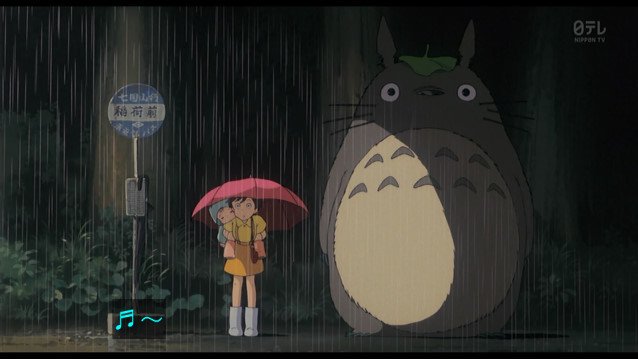In an interview with Yahoo! News posted on April 5, former Ghibli producer and studio co-founder Toshio Suzuki discussed his attitude towards merchandising and current industry trends, and explains why Ghibli has not sought perpetual growth.
“I don’t know if Ghibli’s financial accounts are open to the public, but when you line up all the years and look at the numbers, they’re all over the place. Just when you think the studio made a huge break one year, the next year it’ll make one-tenth that number. At companies these days, everyone thinks, ‘Let’s aim for a 10% growth for next year.’ I can’t think like that. Why is it that you must have growth?” Suzuki said.
This is not an original way of thinking, Suzuki claims. When he first joined the Tokuma Shoten publishing company in 1972, even the company president didn’t know what the yearly sales were. “When I joined Ghibli, the first thing on my mind was, ‘We mustn’t make the company big.’ When a company becomes big, things get tedious.
“These days, it’s common sense to make money from merchandise, DVDs, and online streaming, but fundamentally, I want to make the money for making films just through the films themselves. That way, the other stuff isn’t necessary.”
Suzuki revealed that he is often asked why Ghibli films aren’t distributed on Netflix and other streaming sites. “I don’t want to do it because the films would be treated as cheap commodities,” he said.
Ghibli was also against merchandising. Suzuki explained that the first My Neighbor Totoro dolls were only produced two years after the film had debuted. The doll maker Sun Arrow produced such high quality samples that even Miyazaki, who was dead set against merchandising his films, had to concede their craftsmanship.
“With regards to merchandise, we resolved not to make more than 10 billion yen. If we surpassed that number, we would gather all the associating companies and berate the person in charge in front of the whole group. Really. One time, everyone got on our case about it, saying, ‘You’ve got to sell more.’ Someone from one particular company even said, ‘We could raise the sales to 200 billion yen just by ourselves.’ It’s not a joke. If they did that, then Ghibli’s characters would die instantly. I want Ghibli’s characters to have a long life.
“A few years ago, I stopped attending the meetings. They started making more than 10 billion yen, and they kept it a secret from me. I got really mad about that. It’s not okay to make the company big. Everyone started doing their own thing. It’s really not a joke.”
Suzuki shared his belief that there are two things important in publishing: not being constrained by the system, and expressing yourself freely. “When you have these two things, you can make something compelling. It’s the same with films.”
In a 2002 Bungeishunjū interview, Suzuki revealed that Disney and Warner Bros. had approached Ghibli with the idea of a partnership following the release of Spirited Away, and that Ghibli had turned down the offer.
